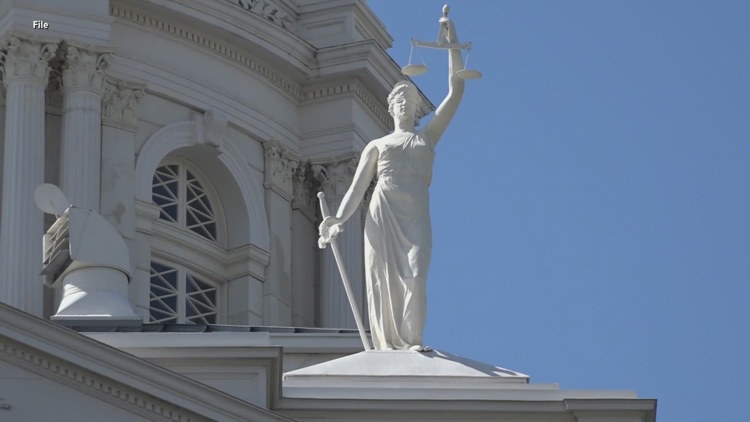The Texas Supreme Court has officially amended its judicial code of conduct, enabling justices of the peace to decline performing same-sex marriages based on their religious beliefs. This decision, signed on October 24, 2023, concludes a lengthy legal battle involving Dianne Hensley, a McLennan County judge who faced disciplinary actions for her refusal to officiate same-sex ceremonies in 2019.
The new rule specifies, “It is not a violation for a judge to publicly refrain from performing a wedding ceremony based upon a sincerely held religious belief.” This significant change reflects ongoing debates surrounding religious freedom and the rights of same-sex couples in Texas.
Background of the Legal Dispute
The case began when Judge Hensley publicly refused to marry same-sex couples, citing that doing so would contradict her religious convictions. Following her refusal, the State Commission on Judicial Conduct (SCJC) issued a public warning, asserting that such actions undermined her ability to serve impartially as a judge. In response to the sanctions, Hensley ceased all marriage ceremonies.
In December 2019, she filed a lawsuit against the commission under the Texas Religious Freedom Restoration Act (TRFRA). This act prohibits government agencies from substantially burdening an individual’s free exercise of religion. Hensley argued that the commission’s actions violated this law, claiming damages of $10,000 for lost income due to her inability to perform opposite-sex weddings, along with attorney’s fees and other related expenses.
Despite her claims, a trial court dismissed Hensley’s lawsuit in 2021. The district appeals court upheld this decision, contending that her case was an “improper collateral attack” on the public warning and that she had failed to exhaust her administrative remedies.
Supreme Court Ruling and Implications
In a surprising turn of events, the Texas Supreme Court ruled in July 2024 that Hensley’s claims regarding the burden on her religious freedom were “clearly sufficient” under TRFRA. The court determined that the commission’s sovereign immunity did not apply in this instance, granting Hensley the right to pursue legal action.
This ruling reversed much of the lower court’s judgment and sent the case back to the court of appeals to address remaining issues of religious freedom. The court’s decision has significant implications for judges across Texas, potentially allowing more judges to refuse to perform same-sex marriages based on personal religious beliefs.
As the legal landscape surrounding marriage equality continues to evolve, this ruling underscores the complexities inherent in balancing individual rights and religious freedoms. The developments in this case are likely to have lasting effects not only within Texas but also in broader discussions about the intersection of law, religion, and equality in the United States.







